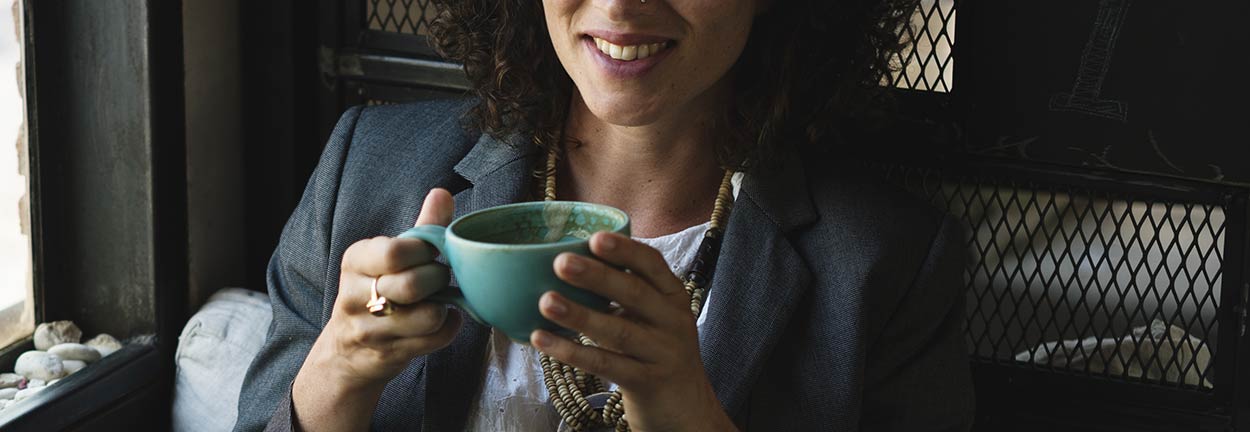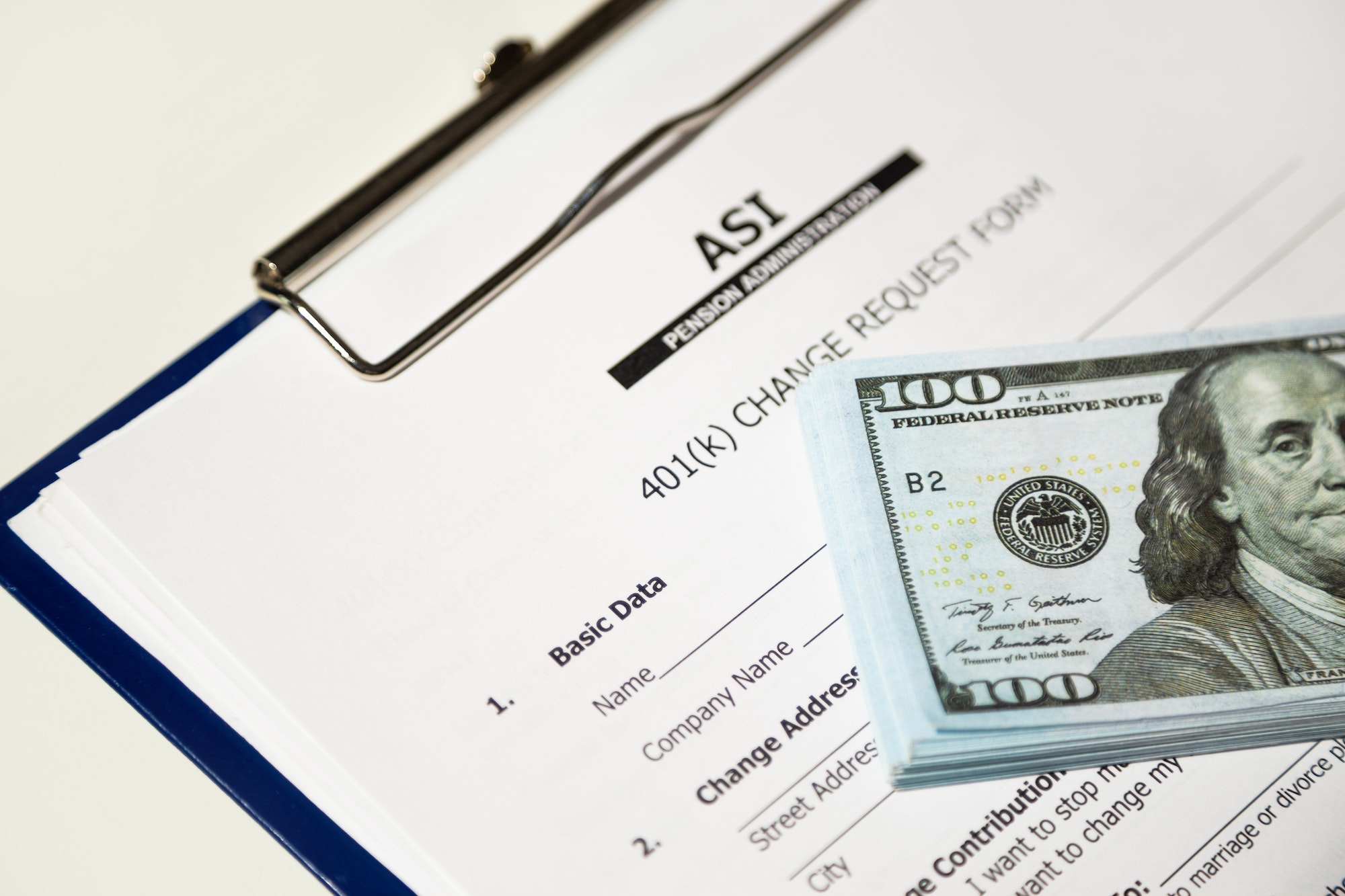Too many people simply don’t know how to slack off these days. From the time we sit down at our desks in the morning until we get up to leave, we tend to force ourselves to get as much done as we can.
You know that you should take breaks, but a voice inside your head justifies the long hours. There’s too much to do, everyone else in the office is working hard, or the company isn’t paying you to take a break. Whatever reason you come up with, it’s enough to keep you going when you need a break.
However, working too hard might be detrimental to your performance. Studies have shown that it is important that you not only take breaks, but that you don’t feel guilty about them either.
The benefits of taking breaks
To not feel guilty about taking a break, you need to understand the benefits. For example, think about the last time you worked for a long stretch of time. How much of that time did you actually spend focused on your task? You might have spent two hours sitting at your desk, but did you work the entire two hours? Or did your mind wander from time to time as you lost focus on your work?
Chances are, you didn’t work steadily for the entire period of time. Our minds can only focus for so long before we become distracted. This doesn’t happen as often when you include a break. A break allows your mind to rest for a little while, so that when you get back to your task, you can focus solely on what’s in front of you.
Besides fighting off boredom, breaks can help you think more efficiently. We’ve all experienced that moment where we’re trying to remember something, and only once we stop focusing on it are we able to recall the memory. Our minds like to work on things in the background, and by taking a break, you might think of a new way to do something, find a solution to a problem you’ve been working on, or remember an important detail that you forgot.
Finally, sometimes we become so focused on the task at hand, that we lose sight of the bigger picture. It’s important that you occasionally take a step back and see if you’re heading in the right direction. Focusing on the task at hand is like going on a road trip and only watching the road in front of you as you drive, without remembering the destination. You need to take a break sometimes to check the map, to ensure you are following the best path.
Scheduling your breaks
For many people, they are more likely to take their break if they schedule it in advance. As you’re working, you might feel guilty in the moment for wanting a break, and instead work longer than you should. But if you schedule a break, you know how long you need to focus for, and know that you’ve scheduled enough time to get the work done, meaning you can afford a break. How often you need a break and for how long will depend on your own situation, but there are a few methods that many people love.
One of these methods is called the Pomodoro Technique. With this method you work in small bursts, with short breaks scheduled in between. It goes like this – you set a timer for 25 minutes and focus solely on your work until the timer goes off. Once it does, you give yourself a quick five-minute break to relax and let your mind wander before doing another 25 minute work session. After you’ve done a work set four times, you give yourself a longer break of about 30 minutes. In total, this takes up about two and half hours of time, during which you’ve spent about 70 percent of it laser-focused and 30 percent taking a break.
Perhaps you think 25 minutes is too short of a time to work, and you want more time to focus on work. If so, consider working in 90-minute blocks. By working 90 minutes at a time, followed by a solid 20 minute break, you give yourself plenty of time to get serious work done, without overdoing it.
There are no set rules for when you should take a break. It comes down to how long you can focus for, or how easily you become distracted. The goal is to find the right amount of time during which you can focus just on work, without pushing yourself too hard. Try out some different work-break methods and see which one works best for you.
What should you do during your break?
Now that you’re taking breaks, you need to make sure you’re spending them the right way. Taking a break doesn’t do much good if you’re spending that time answering work emails or catching up on other paperwork. During this time you want to find a way to essentially shut your brain off from work, and do something less stressful.
If you can, take a walk during this time. It’s not healthy to sit all day, and if you can get some fresh air by walking outside, this is even better. Another idea is to schedule your breaks at the same time as your coworkers, and use this time to socialize. Reading a book is another great way to spend your break, as is simply closing your eyes and meditating for a few minutes. Do something you enjoy that allows you to forget about work for a few minutes, otherwise you are missing the point of the break!
You might feel guilty the first few times you force yourself to take a break, but try to remember the benefits. In the long run you’ll enjoy your work more, you’ll live a healthier lifestyle, and you’ll even perform better at your job. So do yourself and your company a favor by taking more breaks during the day to re-energize your productivity, and don’t let yourself feel guilty about it.









